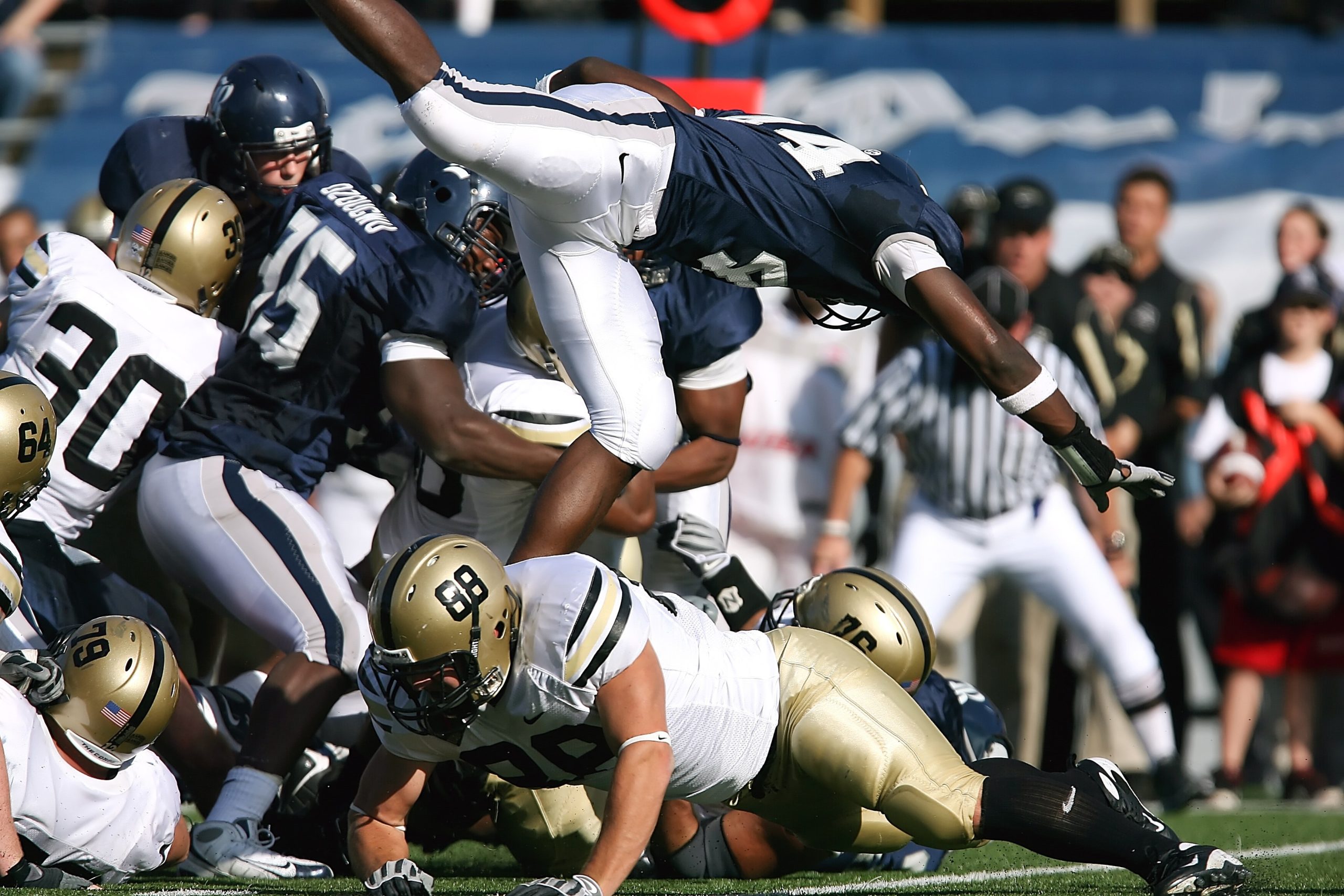Even the most successful competitive athletes have a relatively short career window compared with most other vocations. Many opt to bow out gracefully while still at their peak. Some are forced to retire due to injury, while others simply do not make the cut as their performance starts to slide.
For those who eat, sleep, and breathe their sport, the notion of leaving it behind and getting a 9 to 5 job can be unsettling. It presents mental and emotional challenges that often go unaddressed. Here’s what you need to know:
Challenges
One of the biggest difficulties faced by former athletes is their loss of identity. Once they hang up their running shoes or put away their javelins for the last time, their biggest challenge is engaging in a journey of self-discovery; identifying their preferences, strengths, and weaknesses; and learning how these translate to the world of work.
Another major challenge faced by retiring athletes is the loss of structure. When they leave their sport, they not only lose their sense of identity, but their daily routines. Initially, this can feel liberating. It is nice not to have to go running at 4 AM or adhere to a restrictive diet.
However, for years of their lives, athletes stick to very strict regimens and routines. Every aspect of their lifestyle is controlled, dictating their activities from the moment they wake to the moment they go to sleep. When they are no longer accountable to their coach, staff, or their peers, they lose the benefit of their support as well as the sense of camaraderie that comes with those relationships.
The Case of Marilyn Okoro
Olympic athlete Marilyn Okoro made the decision to retire from professional sports in December 2020. When the pandemic left her struggling to train, she returned from a workout one day and knew beyond a doubt that she did not want to run anymore.
It was not the first time she had considered quitting. She had been thinking about it for years, but this time the decision stuck. Marilyn Okoro resigned in January 2021, and the letter she wrote announcing this was published in Athletics Weekly.
Okoro had been a professional runner since she graduated university, in a career spanning almost 15 years. She had gone from career highs of winning the World Championships, the IAAF World Athletics Final, and Olympics medals, to the lows of injury and loss of funding.
Okoro explains that although she kept busy through the first few months of her retirement, the grief suddenly hit her. Triggered by the Tokyo Olympics, all the memories came flooding back. This forced her to process her emotions and identify what transferrable skills she had to help her establish a new career.
Research on the Transition from Sports to Business
Tom Cross is a performance psychologist who works with high-level executives and professional athletes. He explains that professional sportswomen and men have discipline, structure, determination, preparedness, tenacity, and resilience. These are all transferrable skills they can utilize to the corporate world.
Although former athletes will need to acquire new skills relevant to whatever industry they choose to go into, as Cross points out, their human skills make them great team players. They are able to perform under pressure. This means former athletes are highly desirable in a corporate setting.
Research from Australia’s Curtin University supports Tom Cross’s suggestions. The study, which involved numerous former athletes, suggested that elite level athletes benefit from a range of different soft skills that set them in good stead for a promising second career.
These skills enable them to deliver high performance over a prolonged period, making them valuable assets for their new employers. Former athletes are disciplined. They are used to dealing with pressure and stress. This allows them to bounce back from setbacks faster and better than those who do not have experience with this type of adversity.
Programs and Organizations That Support Former Athletes
Game Plan
Supported by Deloitte, Game Plan is a Canadian Sport Institute Network program that helps athletes live better, more holistic lives. Game Plan’s website includes a career page listing athlete-friendly organizations, athlete testimonials, featured job opportunities, and advisor contact information.
Athlete Career Transition (ACT)
ACT is a comprehensive transition program designed for athletes at all stages of their career. Based in the UK, the program also offers international services, including expert feedback and assessment tools.
Life After Sport
Presented by the Athlete Network, this blog features videos and articles on a variety of different topics, including guides to preparing for job interviews.
Athlete Career Transition Network
This LinkedIn group brings together leaders in sport and business. It provides an open forum for athletes to talk about their career transition challenges and seek advice, insights, and expertise from the leaders of some of the world’s largest organizations. The idea is that they will learn from people at the top how they can transfer their sports -related knowledge and skills to the corporate workplace.
Although transitioning from professional sports to a second career presents unique challenges, it is important to remember that many former athletes go on to realize even more success in their “second act.” Indeed, in considering their next move, the problem faced by many outgoing athletes is not a lack of opportunities, but having too many to choose from.

